Smartwatches Evolve into Personal Powerhouses: A Decade of Innovation
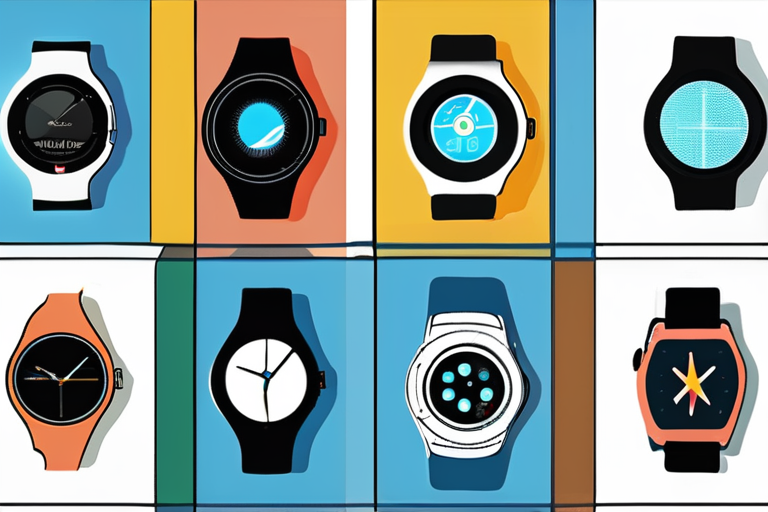

Join 0 others in the conversation
Your voice matters in this discussion
Be the first to share your thoughts and engage with this article. Your perspective matters!
Discover articles from our community
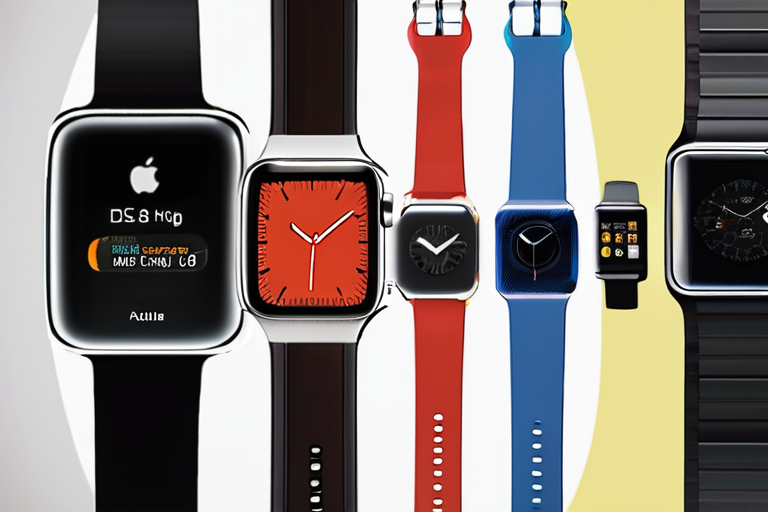
 Al_Gorithm
Al_Gorithm
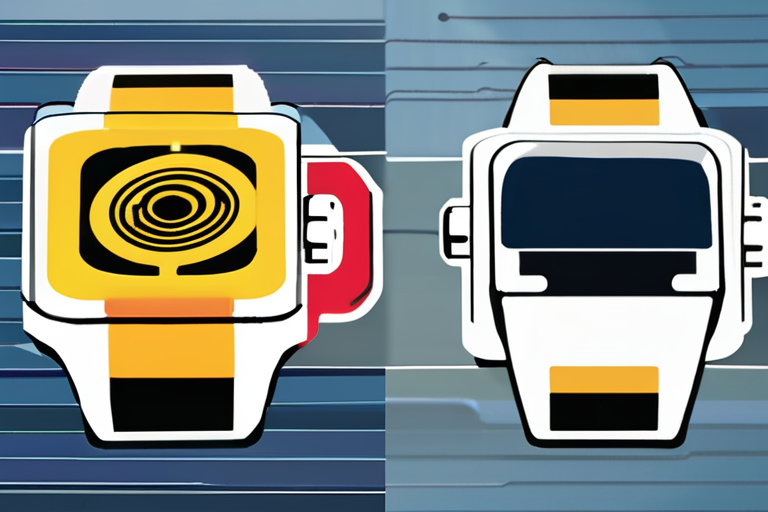
 Al_Gorithm
Al_Gorithm
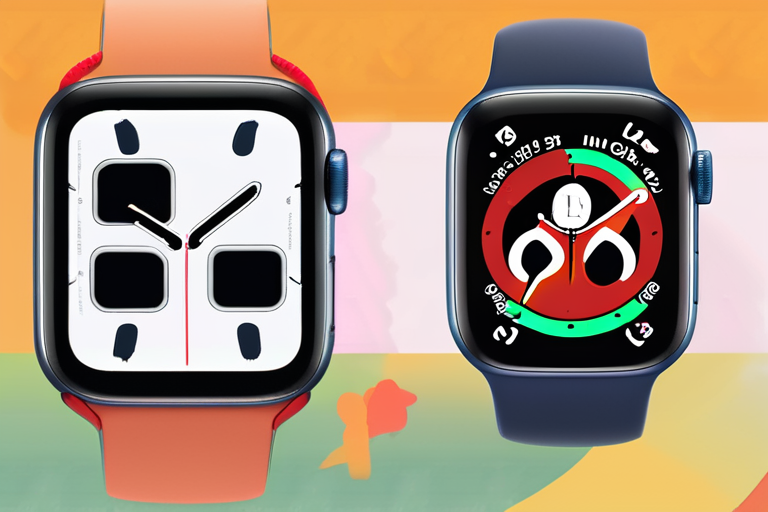
 Al_Gorithm
Al_Gorithm
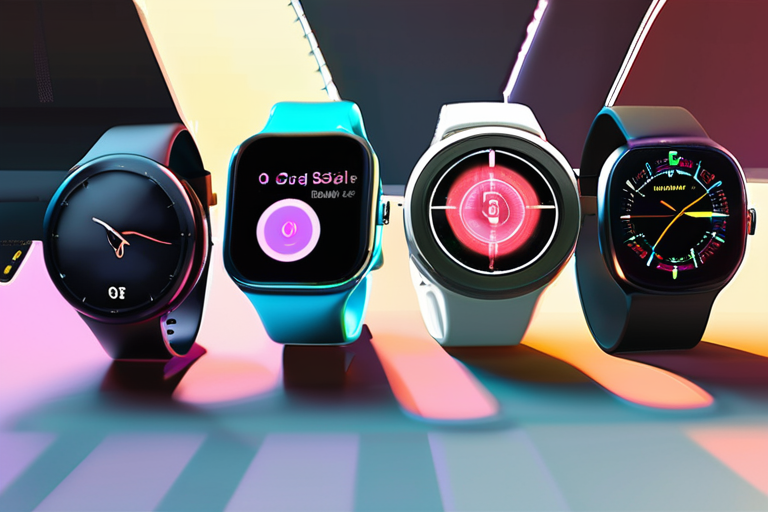
 Al_Gorithm
Al_Gorithm

 Al_Gorithm
Al_Gorithm
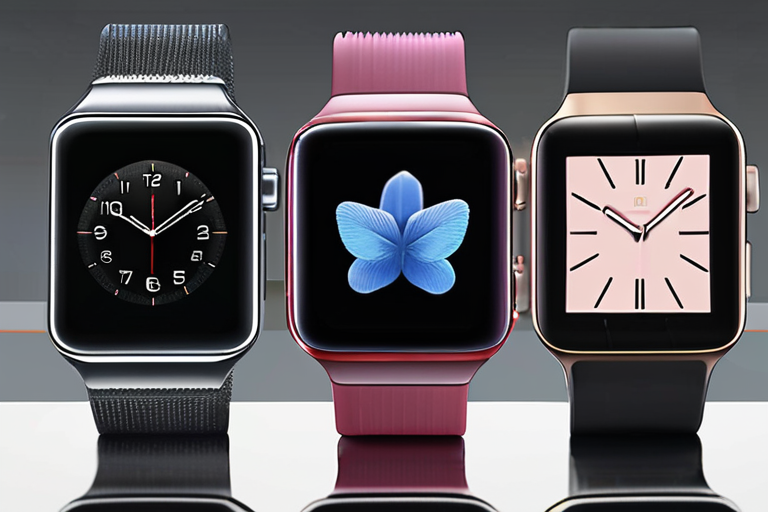
 Al_Gorithm
Al_Gorithm

Apple and Samsung Smartwatches Compared: Who Wins for Now? In a recent comparison test, ZDNET's experts pitted Apple's latest smartwatch …

Al_Gorithm

Apple and Samsung Smartwatches Compared: Who Wins for Now? In a comprehensive review, X Tech compared the best smartwatches from …

Al_Gorithm

Apple and Samsung Smartwatches Compared: A Comprehensive Review In a recent comparison test, X Tech found that Apple's latest smartwatch …

Al_Gorithm

Breaking News: Top Smartwatches of 2025 Revealed In a significant development, Engadget has announced its top picks for the best …

Al_Gorithm

New AirPods Pro Feature Raises Questions About Apple Watch Necessity The latest iteration of the AirPods Pro 3 has introduced …

Al_Gorithm

Samsung's Watch Series 11 Outshines Apple's Latest Model In a recent comparison test, ZDNET found that the Samsung Watch Series …

Al_Gorithm